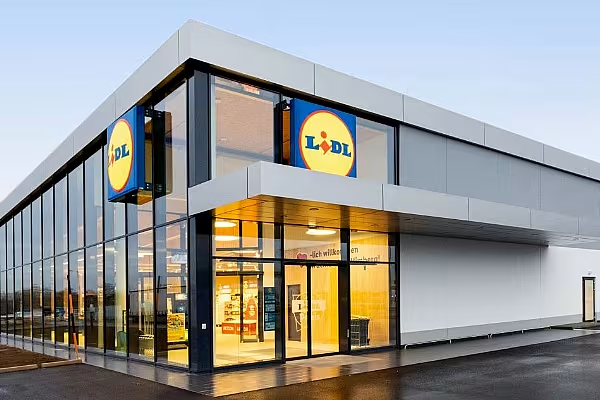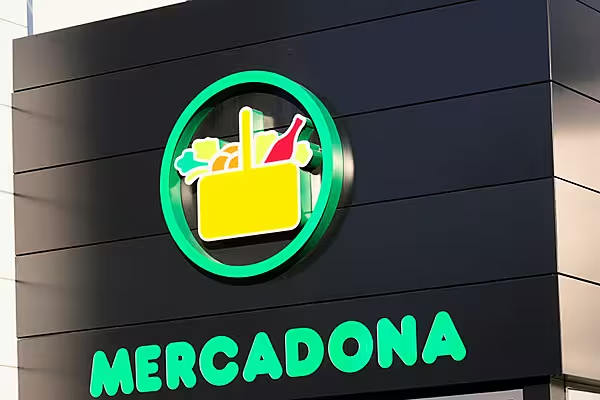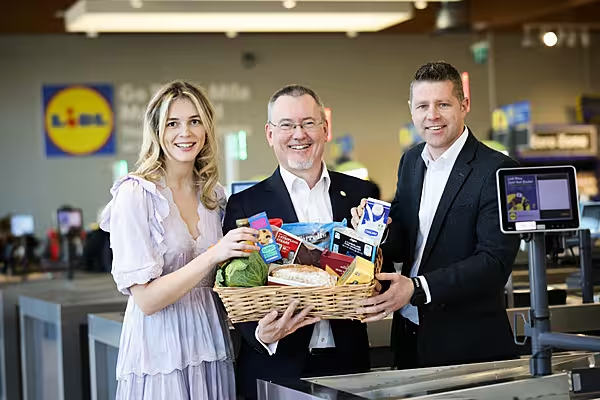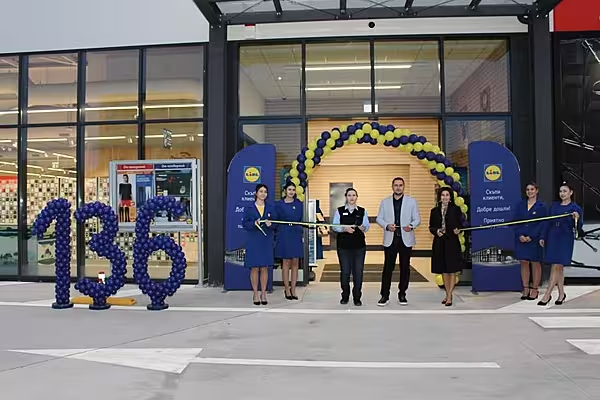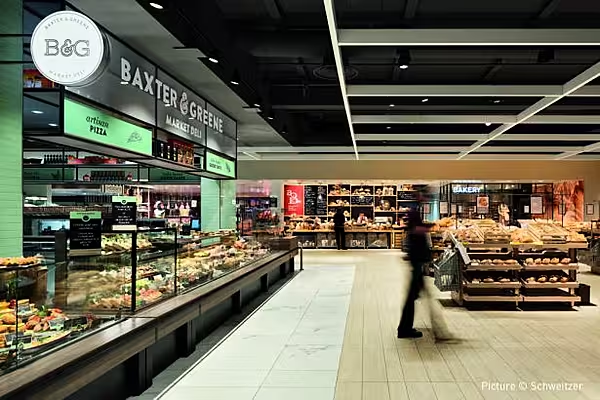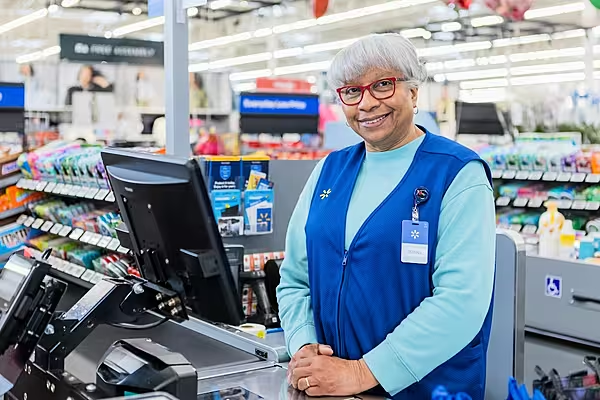Lidl Austria saw 0.6% increase in market share last year, to hold 5.9% of the market, data from GfK showed.
Local companies that collaborated with the discounter generated over €1.1 billion in added value, including €500 million through exports of local food to other countries, it added.
Lidl relies on Austrian suppliers and producers for almost 50% of the food sold in its stores across the country.
Alessandro Wolf, CEO of Lidl Austria stated, “Since December 2022, we have increased our market share the most among all grocers, making us the leader in terms of growth.
“Customer frequency and basket sizes have also increased significantly, and we are gaining new customers every day.”
Plant-Based Sales
The company reported a 24% increase in sales of plant-based substitute products in 2023, while sales across its entire vegan range increased by 13% compared to the previous year.
Sales across its organic segment, ranging from fruit and vegetables to fresh meat and baby food, increased by 11.8% compared to 2022.
Lidl Austria also saw an increased demand for animal welfare products, with sales up 18.7% year on year.
The discounter sold around 28.5 million Fairtrade-certified products in 2023, representing a year-on-year increase of 16.5%.
Business Investment
Lidl Austria invested €100 million during the year in construction and modernisation measures, including, among others, shopfitting, the expansion of logistics centres and preparation for a new one-way deposit scheme commencing in 2025.
It expanded its photovoltaic systems to cover more than 100,000 square metres with an investment exceeding €2 million in 2023.
Lidl Austria has over 100 photovoltaic systems in Austria, generating almost 10 million kilowatt hours of green electricity every year.
